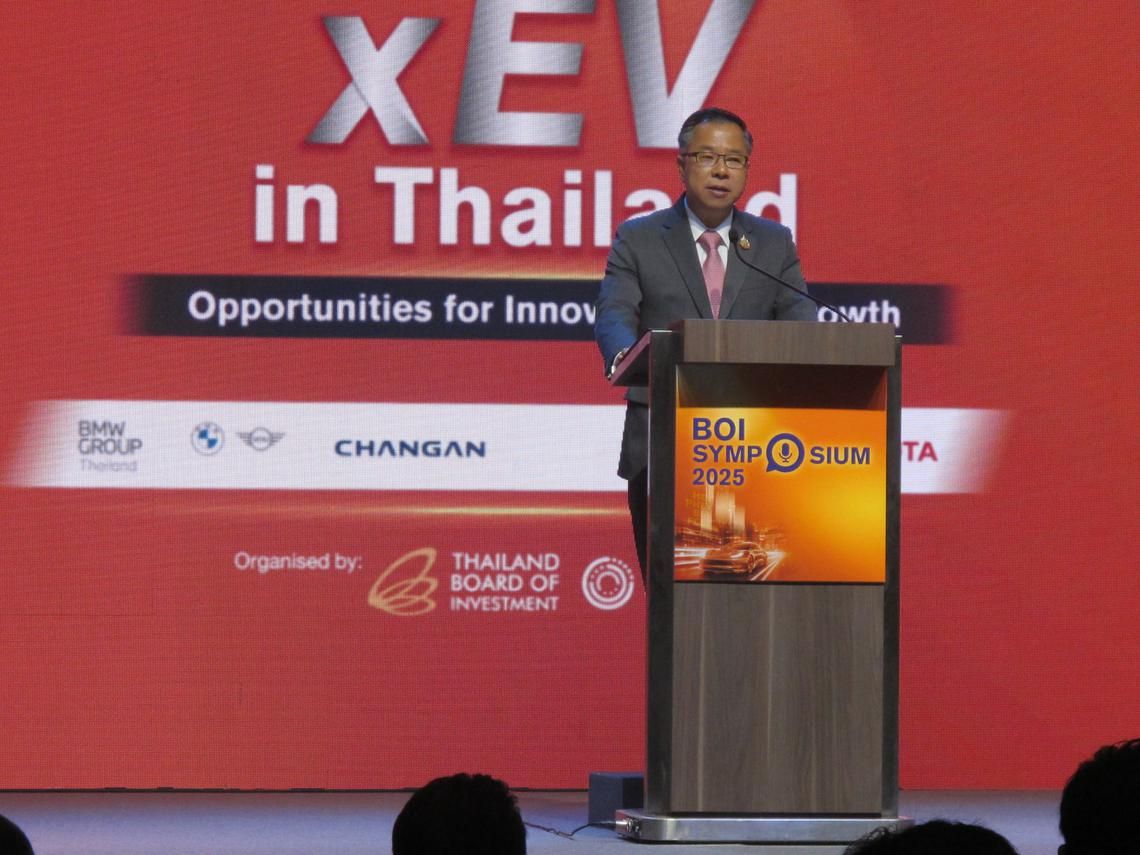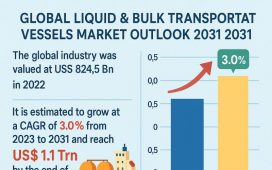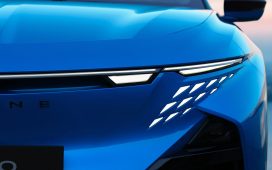[BANGKOK] With Thailand’s auto sales plunging by more than 25 per cent amid geopolitical headwinds and regional rivals nipping at its heels, Bangkok is racing to secure its status as South-east Asia’s electric vehicle (EV) hub – rolling out broader tax incentives to keep both Chinese and Japanese carmakers onside.
The Thai government recently sweetened the pot of tax and other incentives to cover all types of EVs, including hybrid EVs (HEVs), plug-in hybrid EVs (PHEVs), and mild hybrid EVs (MHEVs).
Observers said the latest policy enhancement that cover a wide range of electric and hybrid vehicles – known as xEV – is intended in part to placate non-Chinese players in the market, particularly Japan’s auto giants.
Influx of Chinese BEVs
But the influx of Chinese BEVs has rattled Japanese carmakers – including Toyota, Honda, Nissan, Mazda and Mitsubishi – which have long dominated Thailand’s car market with more than 90 per cent share.
A NEWSLETTER FOR YOU

Friday, 8.30 am
Asean Business
Business insights centering on South-east Asia’s fast-growing economies.
“For the past four years, the government has mainly pushed BEVs. So many Chinese companies came to Thailand, and the existing players were not pleased with that, especially the Japanese,” said Kunat Tharasrisuthi, an analyst at Global Data, an international market research company.
“That’s why (the government) had to make some changes,” he added.
New tax incentives
Last December, Thailand’s National EV Board, chaired by Prime Minister Paetongtarn Shinawatra, announced a new package of tax incentives and regulations to promote more local production of HEVs, PHEVs and MHEVs. The package was recently approved by the Cabinet and will go into effect in early 2026.
“This policy is to make sure that Thailand would be a production hub of xEV for the world,” said BOI secretary-general Narit Therdsteerasukdi. “We tailor-made the incentive package according to the different characteristics and demands of each (EV) segment,” he added.

While the Japanese carmakers have lagged behind their Chinese counterparts in innovating cutting edge BEV technology, they have been more successful in launching HEV and PHEV models, which rely partly on traditional internal combustion engine (ICE) technology.
Japanese auto executives tend to justify this slow path to BEVs by citing customer preferences.
“Currently demand for hybrids is bigger, much bigger than demand for BEVs, so we are focused on hybrids,” said Noriaki Yamashita, president of Toyota Motors/Thailand. “As BEV demand increases, we will focus on BEVs,” he told The Business Times.
In 2024, Thailand’s car sales reached 572,675 units, down 26 per cent year on year. HEVs accounted for 21 per cent of total sales, BEVs accounted for 13 per cent and PHEVs for 2 per cent, according to Toyota Motors Research.
While BEVs sales slowed in 2024, that was partly because they jumped 320 per cent year on year in 2023, as new Chinese models came on the market at prices considerably below their Japanese ICE rivals.
BEVs accounted for between 70,000 and 73,000 units in 2024 to 2025.
Thailand’s effort to promote itself as an EV production hub follows similar model-focused tax incentive policies of the past.
The kingdom’s first champion model was the one-tonne pickup – the most popular vehicle on the Thai market (usually 50 per cent of sales) which has lured all the main Japanese pickup manufacturers such as Toyota, Isuzu, Nissan, Mitsubishi and Mazda to relocate their factories to Thailand, for the domestic and export markets.
Thereafter, the BOI promoted local manufacturing of the “eco cars”, small passenger cars with petrol-efficient engines and low carbon emissions.
Localisation efforts
While providing promotional privileges to local manufacturers of pickups and eco cars, the government also put in place localisation requirements, to build up Thailand’s domestic supply chain (there are over 2,000 auto parts suppliers).
Japanese pickups manufactured in Thailand now use about 92 per cent locally sourced parts and components, and 88 per cent for eco car models.
But as Thailand now pushes for localisation of the supply chain for xEVs, it is likely to face stiffer competition from Thailand’s regional rivals such as Indonesia and Malaysia, which are also pushing for EV hub status and enjoy more dynamic domestic markets.
“We think in the short-term Thailand is likely to maintain its status as the leading automotive hub in South-east Asia, but it is facing challenges from other countries in the longer-term horizon, for example Indonesia,” said Claire Yuan, an automotive industry analyst at S&P Global Ratings.
Thailand’s domestic market for cars has dropped from one million per annum, prior to the Covid-19 pandemic, to around 570,000 units per annum during 2024/2025. Domestic production of automobiles (for both the domestic and export markets) has dropped from two million pre-Covid to about 1.5 million, expected in 2025.
Car sales in Indonesia’s domestic market last year reached about 900,000 units.
Thailand’s past policies of promoting pickup and eco-car production were backed by a robust domestic sales market, together with healthy exports, but the current situation of slow domestic sales in most categories could hinder xEV localisation efforts, executives warned.
“It is clear that you have to establish your production footprint where you have a sizeable domestic market,” said Martin Schwenk, president of Mercedes-Benz (Thailand).
“That is the core strategy for everyone. In Thailand, with the domestic market under pressure, it makes it very hard to localise at a high level here and to export from here.”










